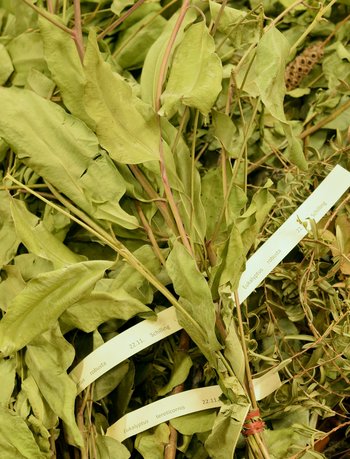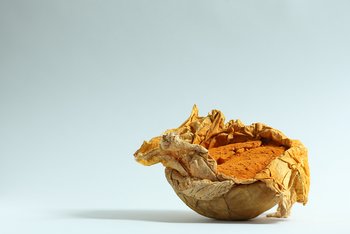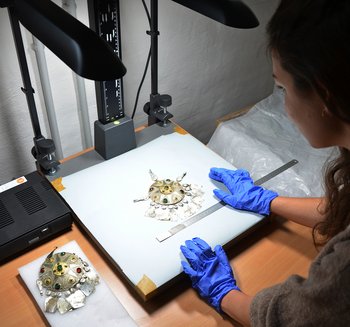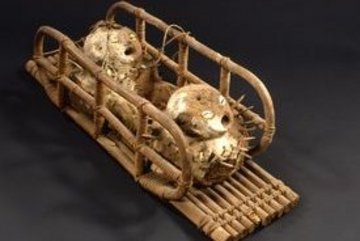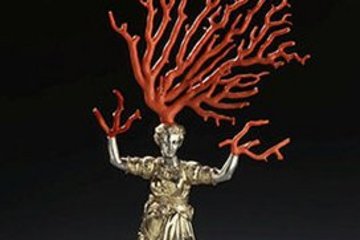The Benin Dialogue Group met at the British Museum, London, on 25 October 2021.
The members confirmed as Co-Chairs were Professor Abba Tijani (Director General of the National Commission for Museums and Monuments, Nigeria), His Royal Highness Prince Aghatise Erediauwa (Benin Royal Court), and Dr. Barbara Plankensteiner (Museum am Rothenbaum, Hamburg (MARKK)).
Members included representatives from museums and institutions in Nigeria, the UK, Germany, the Netherlands, Austria, and Sweden. The Group heard presentations from the Director General of the National Commission for Museums and Monuments (Nigeria), from His Excellency Governor Godwin Obaseki of Edo State, from representatives of the Benin Royal Court on behalf of His Royal Majesty Omo N'Oba N'Edo, Uku Akpolokpolo, Ewuare II, Oba of Benin, and from the Executive Director of Legacy Restoration Trust, Phillip Ihenacho, all of whom are actively collaborating to inform the direction and outcomes of current initiatives in Benin City. The members shared information on current activity, including national and institutional developments regarding the return and restitution of Benin works to Nigeria, and discussed future initiatives focused on Benin City.
In addition, the group received an update on the progress of the Digital Benin project that aims to globally unite dispersed objects from the Kingdom of Benin on a single digital platform. All museums represented in the Benin Dialogue Group are participating in this project, thus achieving one of the long-standing goals of the Benin Dialogue Group in providing access to information on collections from the Kingdom of Benin around the world. The group discussed initiatives working towards the development of the museum landscape in Benin City.
The Benin Dialogue Group intends to meet again in late 2022/2023 either in Benin City, Nigeria or Hamburg, Germany.
Press statement Benin Dialogue Group 2021.
